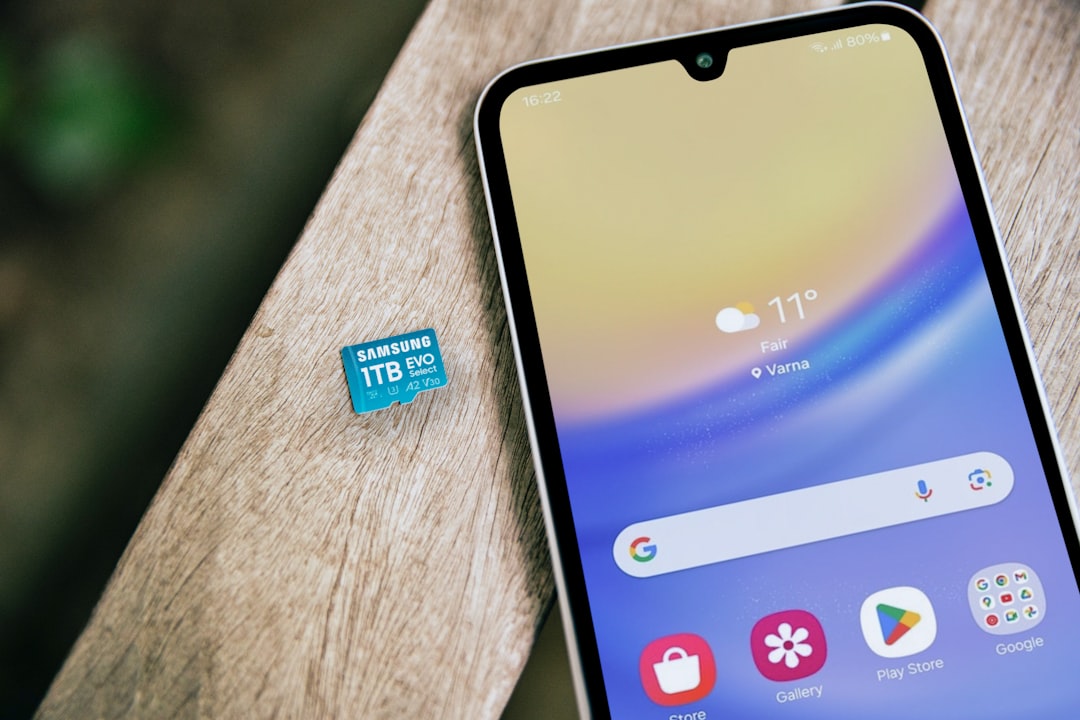In West Virginia, consumers are protected from abusive debt collection practices by state laws like the Fair Debt Collection Practices Act (FDCPA), enforced by the Division of Financial Institutions. Knowing your rights—including disputing debts and requesting validation—is essential. Retaining a debt collector lawyer in West Virginia can help navigate this complex legal landscape, ensure consumer protections are upheld, and facilitate favorable outcomes during interactions with debt collectors. Violations of these laws entitle individuals to legal redress, including monetary damages and attorney fees.
In West Virginia, understanding the regulations surrounding debt collector phone calls is crucial for consumers. This article guides you through the intricacies of the state’s debt collection laws, empowering you with knowledge about your rights and what to expect from collectors. From recognizing harassing behavior to knowing legal actions and penalties, a debt collector lawyer in West Virginia can help navigate these complex issues. Stay informed to protect yourself and take control of your financial situation.
Understanding West Virginia's Debt Collection Laws

In West Virginia, debt collection practices are governed by state laws designed to protect consumers from aggressive or unfair tactics. Understanding these regulations is crucial for anyone dealing with debt collectors in the state. A debt collector lawyer in West Virginia can help navigate this complex landscape and ensure your rights are respected.
The West Virginia Division of Financial Institutions oversees and enforces debt collection practices, ensuring compliance with the Fair Debt Collection Practices Act (FDCPA) and other relevant laws. Consumers have the right to dispute debts and request validation from collectors, halting any further contact until the issue is resolved. Knowing these rights can empower individuals to effectively navigate interactions with debt collectors and secure favorable outcomes.
Rights of Consumers: What You Need to Know

In West Virginia, consumers have specific rights when it comes to debt collector phone calls. According to state regulations, debt collectors must identify themselves and the company they represent during each call. They are also prohibited from making harassing or abusive calls, using false or misleading statements, or contacting consumers at unreasonable times, including before 8 a.m. or after 9 p.m. on weekdays, and before 10 a.m. on Saturdays. Consumers have the right to request validation of the debt, meaning they can ask for proof that the debt is legitimate and due.
A debt collector Lawyer in West Virginia can provide valuable guidance to consumers navigating these regulations. If you believe your rights have been violated, consulting with an attorney who specializes in consumer law can help you understand your options. They can assist in sending cease and desist letters, negotiating with debt collectors, or even filing legal actions against violators. Knowing your rights is the first step towards protecting yourself from unfair debt collection practices.
Legal Actions and Penalties for Violations

In West Virginia, debt collectors who fail to adhere to the state’s regulations can face severe legal repercussions. If a debt collector violates the Fair Debt Collection Practices Act (FDCPA) or other applicable laws, individuals affected have the right to take legal action. A debt collector lawyer in West Virginia can guide debtors through this process, helping them understand their rights and seek compensation for any harm suffered.
Penalties for violations can include substantial monetary damages, attorney fees, and even criminal charges for intentional or willful misconduct. Debtors who believe they have been targeted by aggressive or illegal collection tactics should document the interactions and consult with a qualified legal professional to explore their options, including filing a complaint with regulatory bodies and pursuing civil litigation against the offending collector.






